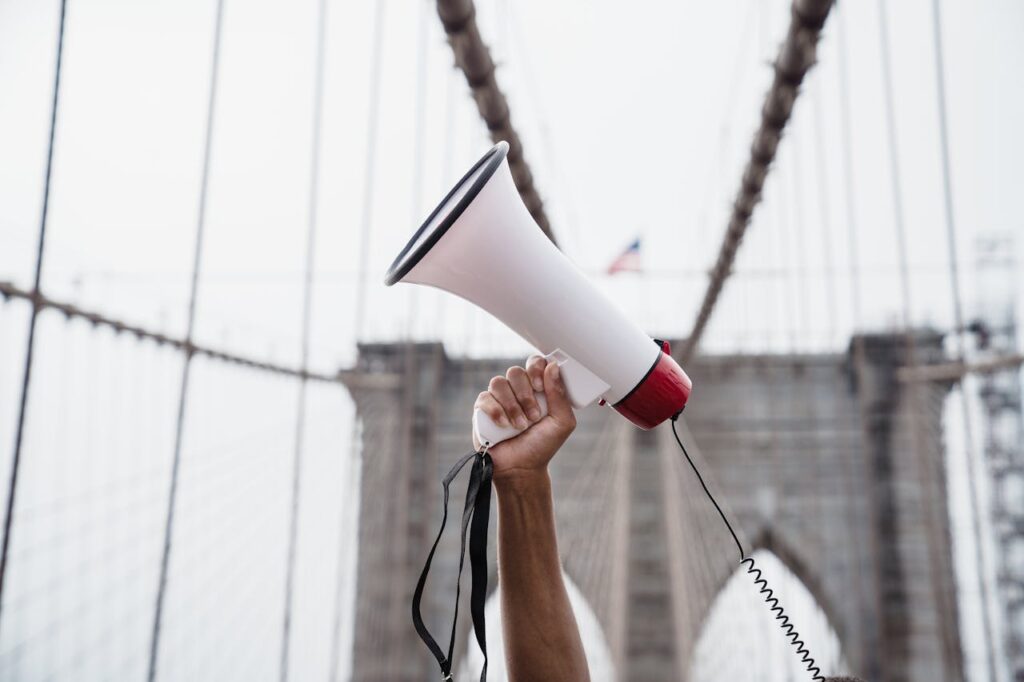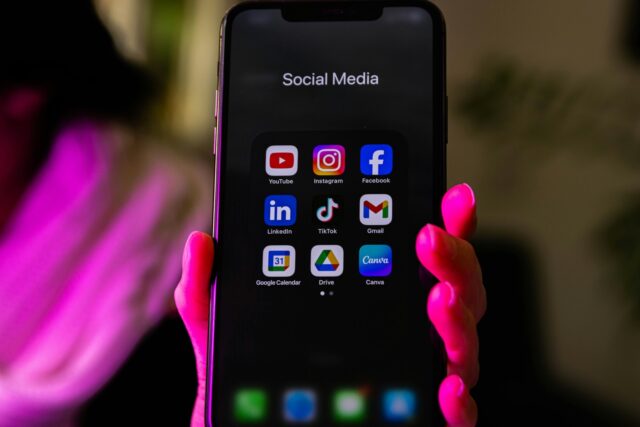Imagine a world where your shopping habits could change the way corporations operate. That’s the bold vision behind a growing movement sweeping across America, as everyday consumers unite to challenge one of the world’s most powerful companies: Amazon.
Dubbed the “Amazon Economic Blackout,” this week-long boycott from March 7 to March 14, 2025, is part of a broader push for economic fairness, labor rights, and corporate accountability.
Spearheaded by The People’s Union USA (TPU USA), a grassroots organization founded by activist John Schwarz, the movement aims to hit Amazon where it hurts most its bottom line. But can a consumer-led boycott really make a difference against a corporate giant like Amazon?
The People Behind the Boycott
The People’s Union USA (TPU USA) is the brainchild of John Schwarz, a former corporate executive who traded his boardroom career for activism. Schwarz, who once navigated the corridors of corporate power, now dedicates his life to holding those same corporations accountable.
“This is a bold action, but the time is right. People are frustrated, and they want a way to push back,” Schwarz told Time Magazine.
TPU USA first made headlines with a 24-hour “Economic Blackout” on February 28, 2025, urging Americans to stop spending for a single day in protest of rising inequality and corporate greed.

While the financial impact was difficult to measure, the movement gained massive traction on social media, inspiring Schwarz and his team to take things further. Their next target? Amazon a company that has become synonymous with both convenience and controversy.
Why Amazon? The Key Issues Behind the Boycott
Amazon’s $1.6 trillion empire is built on speed, efficiency, and an unparalleled ability to deliver almost anything to your doorstep. But critics argue that behind the scenes, a darker story of worker exploitation, tax avoidance, and broken promises lies.
This boycott isn’t just about skipping your Prime deliveries it’s a direct challenge to Amazon’s business practices. First on the list of grievances is Amazon’s labor practices.
Warehouse workers have long complained of grueling conditions, unrealistic productivity targets, and a company culture that prioritizes profits over people.
“Within three days of starting my new job, I was hurting. My sister, who also worked there, warned me it was going to get worse. It felt like exercising for nine hours every day,” said Jennifer Bates, a former Amazon warehouse worker.
Despite the historic unionization of a Staten Island warehouse in 2022, Amazon has aggressively resisted further union efforts, leaving many workers voiceless.
Second, Amazon’s tax practices have sparked outrage. While the company rakes in billions, it has paid $0 in federal income taxes in some years, thanks to legal loopholes.
“The richest corporations are getting richer while the working class is barely scraping by,” said economist Dr. Elaine Carter in a report by MarketWatch.
This growing economic divide has fueled frustration among consumers, many of whom feel that corporations like Amazon exploit tax laws at the expense of everyday Americans.
Third, Amazon’s retreat from Diversity, Equity, and Inclusion (DEI) commitments has raised ethical concerns. Once a champion of workplace diversity, Amazon has quietly scaled back its DEI programs in recent years.
“Amazon is dismantling DEI programs under the guise of ‘economic efficiency,’ but cutting DEI is a choice, not a necessity,” a former Amazon HR executive told The Independent.
For TPU USA, this backsliding on diversity commitments is yet another reason to hold Amazon accountable.
The Impact of the Amazon Economic Blackout
The boycott calls for a one-week halt to all Amazon-related services, including no online shopping on Amazon, no streaming on Prime Video or Twitch, no grocery shopping at Whole Foods, and no using Amazon-owned devices like Alexa or Ring.
By targeting Amazon’s entire ecosystem, TPU USA hopes to send a powerful message: consumers will no longer support companies that prioritize profits over people. But will it work? Experts are divided.

“The direct financial loss from a one-week boycott is minimal. However, if this grows into a long-term trend where consumers deliberately shift away from Amazon, that’s a real threat,” said retail analyst Mark Peterson in an interview with Barron’s.
The more significant impact may not be financial, but reputational forcing Amazon to confront its public image and potentially rethink its corporate strategies.
Does a Boycott Actually Work?
Boycotts are a double-edged sword. While they rarely cause immediate financial harm to massive corporations, they spark conversations, raise awareness, and shift long-term consumer behavior.
The Amazon Economic Blackout is not necessarily about crippling the company’s profits it’s about sending a clear message: consumers have power, and they’re willing to use it. And TPU USA isn’t stopping with Amazon.
The organization has already announced additional boycotts targeting other major corporations, including Nestlé from March 21–28 over allegations of unethical water sourcing and labor exploitation, Walmart from April 7–13 for low wages and poor labor policies, and General Mills from April 21–27 for alleged unethical practices in the food industry.
These planned actions suggest that consumer activism is gaining momentum, potentially forcing corporations to address public demands for fairness and accountability.
The Amazon Economic Blackout is more than just a boycott it’s a wake-up call. It reminds consumers that they have the power to shape the world they want to live in. While the immediate impact of the boycott may be small, the broader implications are enormous.
If TPU USA’s movement continues to gain traction, we could be entering a new era where consumers dictate the ethical direction of global businesses.
For now, all eyes are on Amazon. Will the company listen to the voices of its customers and workers, or will it double down on business as usual? The answer could shape the future of corporate accountability and the power of everyday people to demand change.










